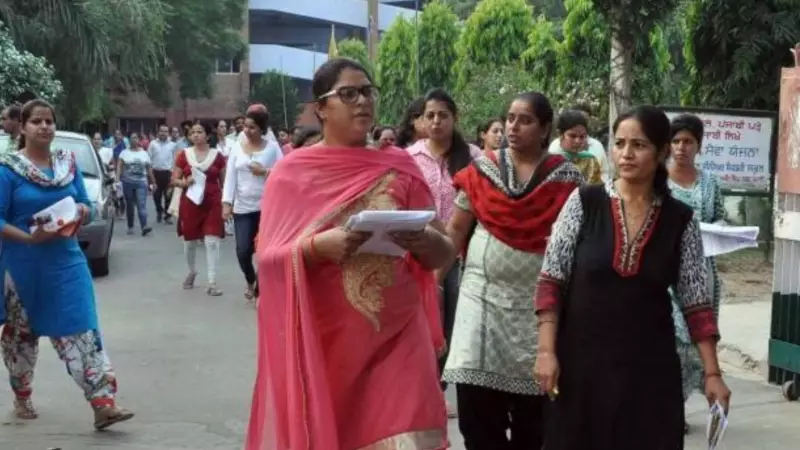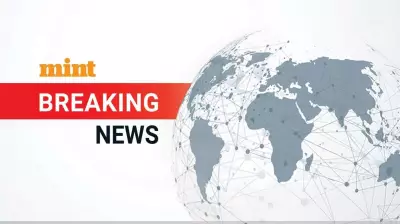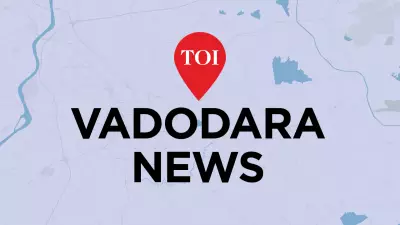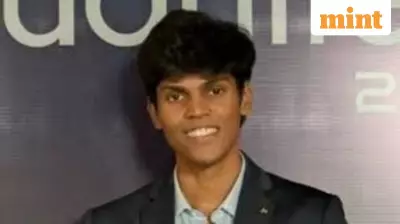
In an unprecedented development in Maharashtra's education sector, over 4.75 lakh candidates are set to appear for the Teachers Eligibility Test (TET) on Sunday, marking the first such examination conducted after the Supreme Court's landmark September ruling that made the test mandatory for both aspiring and serving teachers.
Supreme Court Mandate Sparks Widespread Concern
The Supreme Court's directive has made TET compulsory not only for all fresh appointments to classes 1-8 but also for in-service teachers working in non-minority schools who have more than five years remaining before retirement. These experienced educators now face a critical two-year deadline to clear the examination or confront compulsory retirement.
Teachers with less than five years of service remaining have been granted exemption from the test requirement, though they will become ineligible for future promotions. This ruling has created significant anxiety among the teaching community across Maharashtra, particularly affecting approximately 1.5 lakh in-service teachers who were recruited before TET was introduced in the state in 2013.
Record Participation Amidst Teacher Protests
The massive turnout of 4.75 lakh candidates at over 1,400 examination centers across the state represents a significant surge, largely driven by the inclusion of in-service teachers. However, the situation has triggered widespread agitations and protests by teachers' associations who question the fairness of subjecting experienced educators to the same testing standards as new applicants.
Despite the record registration numbers, a notable section of teachers, including some honored at state and national levels, have chosen to boycott the examination. These educators are hoping for intervention from the Maharashtra government or at least clarity on the retrospective application of TET requirements.
Voices from the Teaching Community
Among those caught in this dilemma is Amit Kulkarni (name changed), a national award-winning teacher from a Zilla Parishad school in Pune district. After being recognized for his extraordinary teaching accomplishments, Kulkarni now finds himself among the thousands of experienced teachers facing uncertainty.
"There was no TET when I was appointed. I underwent the selection procedure that existed then. Making TET compulsory now puts the old process under suspicion," he expressed, highlighting the frustration felt by many veteran educators.
Kulkarni raised fundamental questions about the test structure itself: "After over 20 years of service as a teacher I am not afraid of an exam. But how does the government plan to assess a teacher's merit based on a test requiring rote learning? It is unjustified to assess in-service teachers on the same scale as new applicants."
This sentiment resonates widely across the teaching community, where anxiety is mounting over potential job losses despite years of proven classroom performance and dedication.
Another prominent voice, Rohan Patil (name changed), a Zilla Parishad school teacher from Beed and national teachers award winner for his innovative use of art and music to boost student confidence, described the challenging situation facing educators.
"Many believe I have clarity on the issue and I get calls daily seeking answers. I try to encourage other teachers despite having no clarity myself," Patil shared, adding that "it is unfair for in-service teachers to now study for a test which is far removed from what they have been teaching for years."
Government Silence Adds to Uncertainty
Adding to the tension is the Maharashtra government's conspicuous silence on the matter. While states like Kerala and Tamil Nadu have signaled plans to file review petitions against the Supreme Court order, Maharashtra remains indecisive about implementing the ruling.
The lack of clarity from state authorities has left teachers in limbo, with no indication of whether the government intends to offer relief, seek a review, or proceed with full implementation of the court order.
As Sunday's examination approaches, the education community watches closely, aware that the outcome could reshape teaching careers and set important precedents for teacher qualification standards across India.





